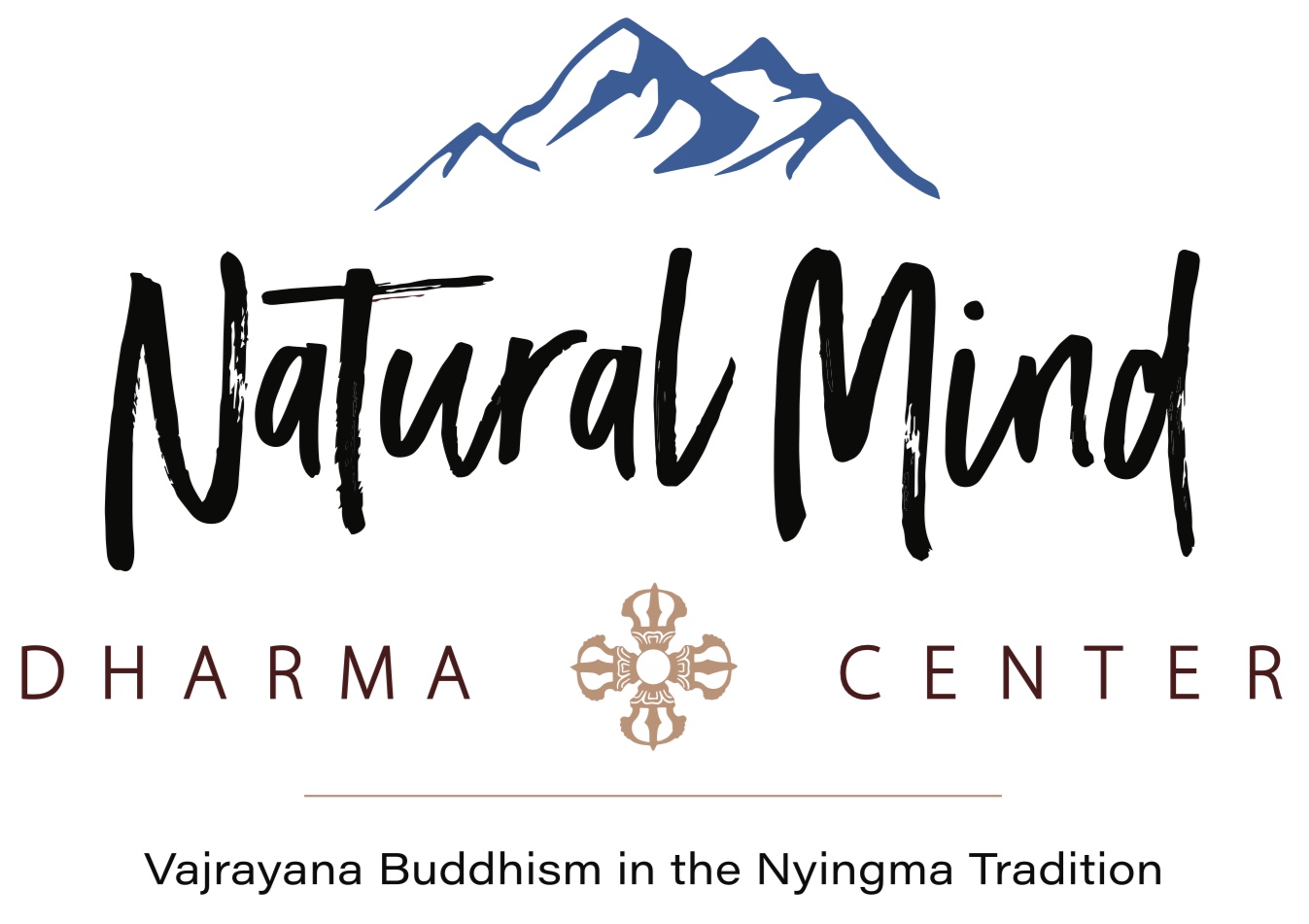Fresh Eyes
When we begin a journey, we often fantasize about possibilities and imagine new landscapes and experiences. The more we travel, the more we realize what we discover as new is really just a different view with the same old eyes. The eyes though which we see and the mind that registers the scene are the arbiters of newness. They interpret and name experiences based on what we have seen before. Nothing is really new unless the filters of our past drop away.
Marcel Proust mused, “The only true voyage … would be not to visit strange lands but to possess other eyes, to see the universe through the eyes of another, of a hundred others, to see the hundred universes that each of them sees, that each of them is; and this we do, with great artists; with artists like these we do really fly from star to star.” Proust is talking about how we are affected by the artist’s vision but this applies equally to everyone we meet.
If I am willing to see the world through another’s eyes, I have to let go of my assumed reality. As I walked the Alzheimer’s journey with my father, we could only communicate if I listened to his reality in the moment. This reality would change frequently throughout the day or even within a single conversation. I had to be a shape-shifter to keep up. When we truly connected it did not matter whose reality was more ‘accurate.’ I simply landed on the planet he inhabited and explored with him through the love we shared.
When I am with someone who seems to have a relatively intact cognitive function, the game plan is somewhat different. I still benefit from seeing through their eyes and am amazed. But I also see how many eyes do not see, completely clouded and muddied by thoughts and assumptions. I can easily recognize this because I have an equally deluded mind. But, unlike the processes of dementia where a person has no conscious choice in how they perceive the world, we can make a choice to let go of our delusions.
Letting go of delusions clears our vision and brings a fresh perspective. It is possible discover new landscapes every time we allow ourselves to see anything for the first time. I can visit the same corner of desert year after year and it is never the same. Each year, seasons vary in temperature and moisture so wildflowers bloom at different times, in varying abundance. The sky touches a wavy horizon in fluctuating hues depending on the amount of dust in the air. Trees interact with the wind and filter the sun in a display of shifting, dancing shadows and light.
In the city, a sea of people and buildings is a kind of desert—with a bit more noise. Amidst the din of civilization it is still possible to see with new eyes, to let go of our habits of relating. When Buddha woke up to his true nature, he experienced spaciousness and infinite possible view points. He also saw the filters that inhibit possibility. His teachings set us on a voyage in which those filters drop away and we are able “to see the universe through the eyes of another, of a hundred others, to see the hundred universes that each of them sees … to fly from star to star.”
